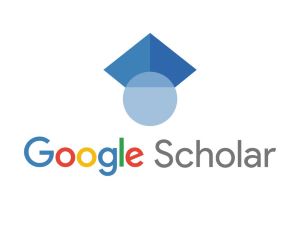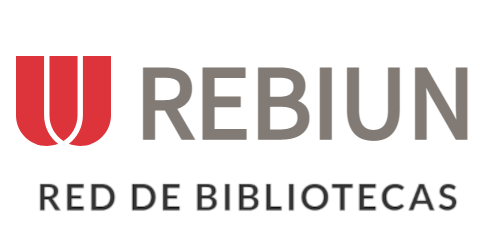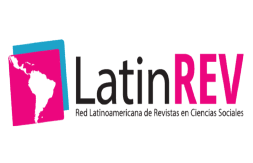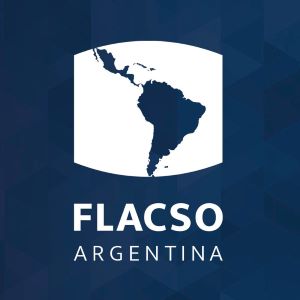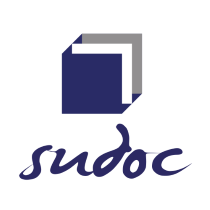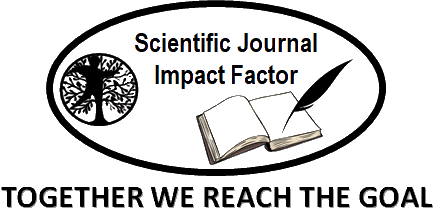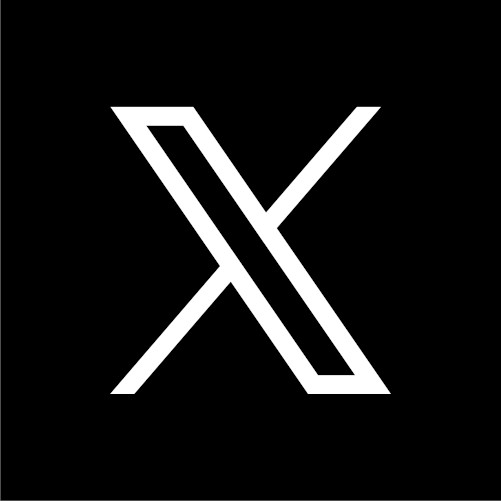Curaduría docente en la era digital: el libro de texto como mediador en la planificación de clases
DOI:
https://doi.org/10.69639/arandu.v12i3.1516Palabras clave:
curaduría docente, libro de texto, recursos digitales, planificación educativa, mediación pedagógicaResumen
El presente artículo explora el papel del libro de texto como mediador en la planificación docente y los procesos de digitalización educativa dentro del contexto educativo ecuatoriano actual. La metodología de investigación se enmarca dentro de un estudio descriptivo realizado en la Unidad Educativa José Emilio Álvarez (UEJEA), en la cual se examina cómo los profesores combinan el uso de materiales impresos oficiales con recursos digitales realizando un proceso designado como curaduría docente. Los resultados evidencian que el libro continúa siendo una guía estructural en la organización de los contenidos, mientras que las tecnologías aportan flexibilidad y enriquecimiento pedagógico. Además, se identifican retos asociados a la infraestructura tecnológica, el tiempo disponible para planificar y la necesidad de fortalecer la formación docente en competencias digitales. En conclusión, la complementariedad entre recursos tradicionales y digitales constituye una oportunidad para avanzar hacia una enseñanza más crítica, inclusiva y significativa.
Descargas
Citas
Area-Moreira, Hernández-Rivero, & Sosa-Alonso. (2016). Modelos de integración didáctica de las TIC en el aula. Comunicar(47), 79–87. https://doi.org/http://dx.doi.org/10.3916/C47-2016-08
Cabero-Almenara, Palacios-Rodríguez, & Llorente-Cejudo. (2021). Digital competence of educators in higher education: A systematic review. Education and Information Technologies, 5(26), 5663-5689. https://doi.org/https://doi.org/10.1007/s10639-021-10531-8
Chai, Jong, Yin, Chen, & Zhou. (2019). Validating and modelling teachers’ technological pedagogical content knowledge for integrative science, technology, engineering and mathematics education. Educational Technology & Society, 3(22), 61-73. https://doi.org/https://doi.org/10.1016/j.compedu.2015.11.009
Ertmer, & Ottenbreit-Leftwich. (2010). Teacher technology change: How knowledge, confidence, beliefs, and culture intersect. Journal of Research on Technology in Education, 3(42), 255–284. https://doi.org/https://doi.org/10.1080/15391523.2010.10782551
Johnson, Adams, Cummins, Estrada, Freeman, & Hall. (2016). NMC Horizon Report: 2016 Higher Education Edition. The new media consortium. https://www.sconul.ac.uk/SCONULDownloadController/Download?cGUID=7235bbc5-2fae-4b43-9a18-2dfd9b0b33ea&cTempLocation=&iID=452&iType=1
Kay. (2012). Exploring the use of video podcasts in education: A comprehensive review of the literature. Computers in Human Behavior, 3(28), 820-831. https://doi.org/https://doi.org/10.1016/j.chb.2012.01.011
Knight. (2015). Teachers’ use of textbooks in the digital age. Cogent Education, 2(1). https://doi.org/https://doi.org/10.1080/2331186X.2015.1015812
Kozma. (2011). The technological, economic, and social contexts for educational ICT policy. Educational Technology Research and Development, 59(2), 217-232. https://unesdoc.unesco.org/ark:/48223/pf0000211842
Li, & Ma. (2010). A meta-analysis of the effects of computer technology on school students’ mathematics learning. Educational Psychology Review, 3(22), 215–243. https://doi.org/https://doi.org/10.1007/s10648-010-9125-8
López, P., Atochero, V., & Rivero, C. (2021). Educación a distancia en tiempos de COVID-19: Análisis desde la perspectiva de los estudiantes universitarios. RIED-Revista Iberoamericana de Educación a Distancia, 24(1), 331-350. https://doi.org/https://doi.org/10.5944/ried.24.1.27855
Mineduc. (2023-2024). Educación. https://educacion.gob.ec/textos-escolares/
Mishra, & Koehler. (2006). Technological pedagogical content knowledge: A framework for teacher knowledge. Teachers College Record, 6(108), 1017–1054. https://doi.org/https://doi.org/10.1111/j.1467-9620.2006.00684.x
Redecker. (2017). European Framework for the Digital Competence of Educators (DigCompEdu). https://publications.jrc.ec.europa.eu/repository/bitstream/JRC107466/pdf_digcomedu_a4_final.pdf
Sánchez, & Torres. (2015). Teachers’ use of textbooks in the digital age. International Journal of Educational Technology, 4(12), 233-247. https://doi.org/https://www.researchgate.net/publication/276830019_Teachers%27_use_of_textbooks_in_the_digital_age
Sánchez, & Torres. (2015). Teachers’ use of textbooks in the digital age: An exploratory study. International Journal of Educational Technology in Higher Education, 12(1), 1-11. https://doi.org/https://doi.org/10.1186/s41239-015-0004-7
Tondeur, Braak, Ertmer, & Ottenbreit-Leftwich. (2017). Understanding the relationship between teachers’ pedagogical beliefs and technology use in education: A systematic review of qualitative evidence. Educational Technology Research and Development, 3(65), 555-575. https://doi.org/https://doi.org/10.1007/s11423-016-9481-2
Tondeur, Braak, v., Siddiq, & Scherer. (2016). Time for a new approach to prepare future teachers for educational technology use: Its meaning and measurement. Computers & Education(94), 134-150. https://doi.org/https://doi.org/10.1016/j.compedu.2015.11.009
Trouche, Gueudet, & Pepin. (2020). The documentational approach to didactics. Encyclopedia of Mathematics Education. https://doi.org/https://doi.org/10.48550/arXiv.2003.01392
UNESCO. (2023). GEM Report 2023. https://unesdoc.unesco.org/ark:/48223/pf0000385723
Ungerer. (2016). Digital curation as a core competency in current learning and literacy: A higher education perspective. International Review of Research in Open and Distributed Learning, 1(27), 1-27. https://doi.org/https://doi.org/10.19173/irrodl.v17i5.2566
UTN, R. (2019). El ciclo de curación de contenido educativo (CCCE). Yulök Revista Científica, 2(6), 45-56. https://doi.org/ https://revistas.utn.ac.cr/index.php/yulok/article/download/223/174
Weller, & Anderson. (2022). Teachers as digital curators: Practices in K–12 and higher education. Journal of Interactive Media in Education, 1, 1-11. https://doi.org/ https://jime.open.ac.uk/articles/10.5334/jime.675
Wolff, & Mulholland. (2013). Curation, learning and the social web: Exploring the role of curation in learning. International Journal of Social Media and Interactive Learning Environments, 1(2), 148-164. https://doi.org/https://doi.org/10.1504/IJSMILE.2013.051665
Publicado
Cómo citar
Número
Sección
Licencia
Derechos de autor 2025 Marcela Cecilia Moncayo Moscoso, Norma Isabel Semblantes Faz, Wilmer Santiago Semblantes Faz, Johanna Guadalupe Bustillos Llumiluisa , Manuel Alfredo Tigasi Oña

Esta obra está bajo una licencia internacional Creative Commons Atribución 4.0.









